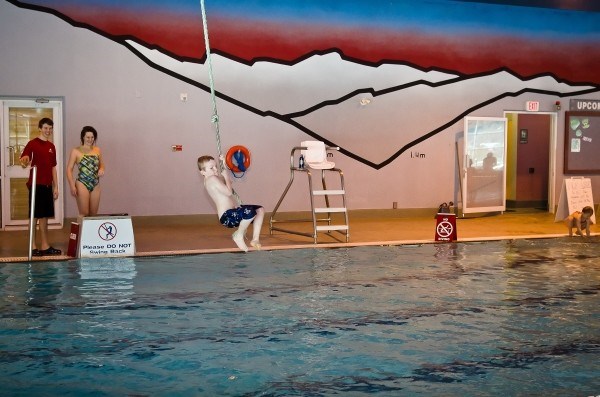The Resort Municipality of Whistler announced on Wednesday afternoon that it would be raising program fees for non-residents, starting in August. The changes will apply to registered programs such as swimming lessons, skating programs and fitness programs, while drop-in rates, passes, licensed childcare programs, personal training programs and Registration Service Agreement (RSA) programs (program hosted by third parties at RMOW facilities, with RMOW handling registration) will be unaffected.
The surcharge rate will be 33 per cent.
"The decision to introduce a non-resident registration programming fee was a difficult one to make," said Mayor Nancy Wilhelm-Morden. "It was the least impactful way to continue to offer high quality recreational programs and services to all of our users at fair rates."
The RMOW currently subsidizes Meadow Park Sports Centre by over $2.1 million annually, over 50 per cent of the facility's annual budget. They did approach other governments in the region, the Village of Pemberton and Squamish-Lillooet Regional District, to contribute to the cost of running the centre, but were denied.
Roughly 10 per cent of the people using Meadow Park are non-residents, although registration in some programs is even higher. For example, some 33 per cent of swim class participants are non-residents, and the pool represents the most expensive operational costs for the centre.
Five different scenarios were looked at for recovering costs, ranging from increased fees to increasing admission. The decision to increase fees for non-residents was based on public feedback.
The RMOW is not the only local government charging non-residents more for programming. According to a release from the RMOW, a study of other communities across Canada found surcharges that range from 25 to 70 per cent.
It's unknown how much revenue the fee changes will generate for the municipality, which is in its second year of a "net zero" budget freeze that has prompted department heads to adopt cost-cutting measures as well as look at opportunities for increased revenues.




